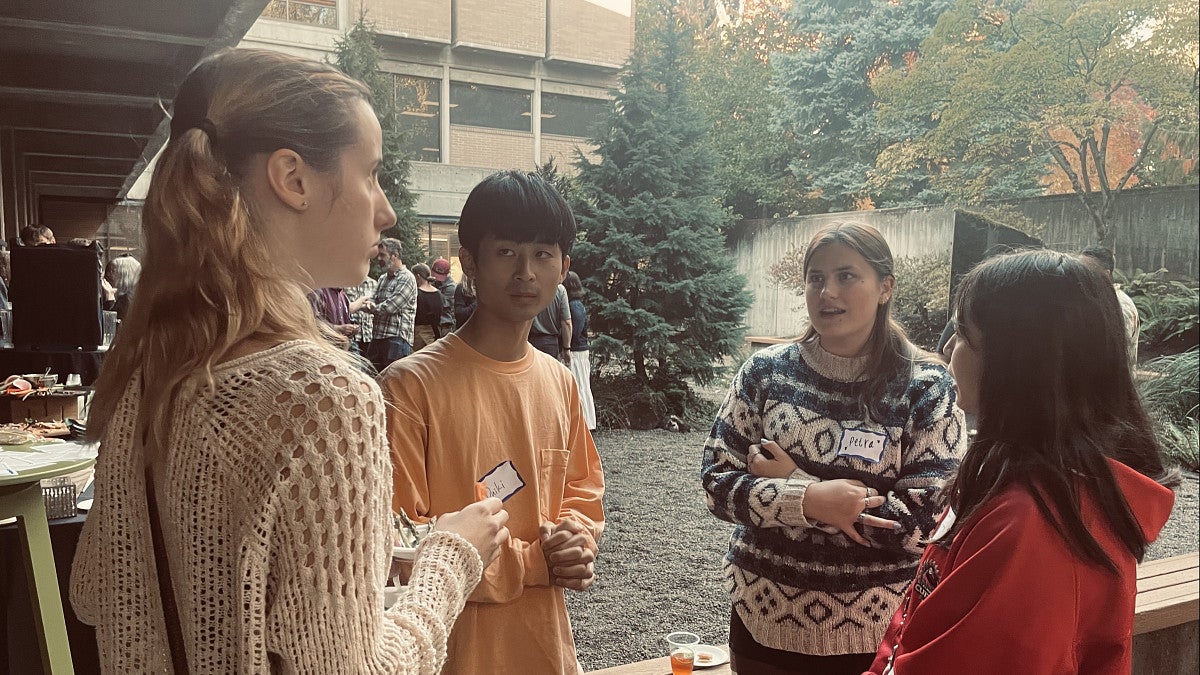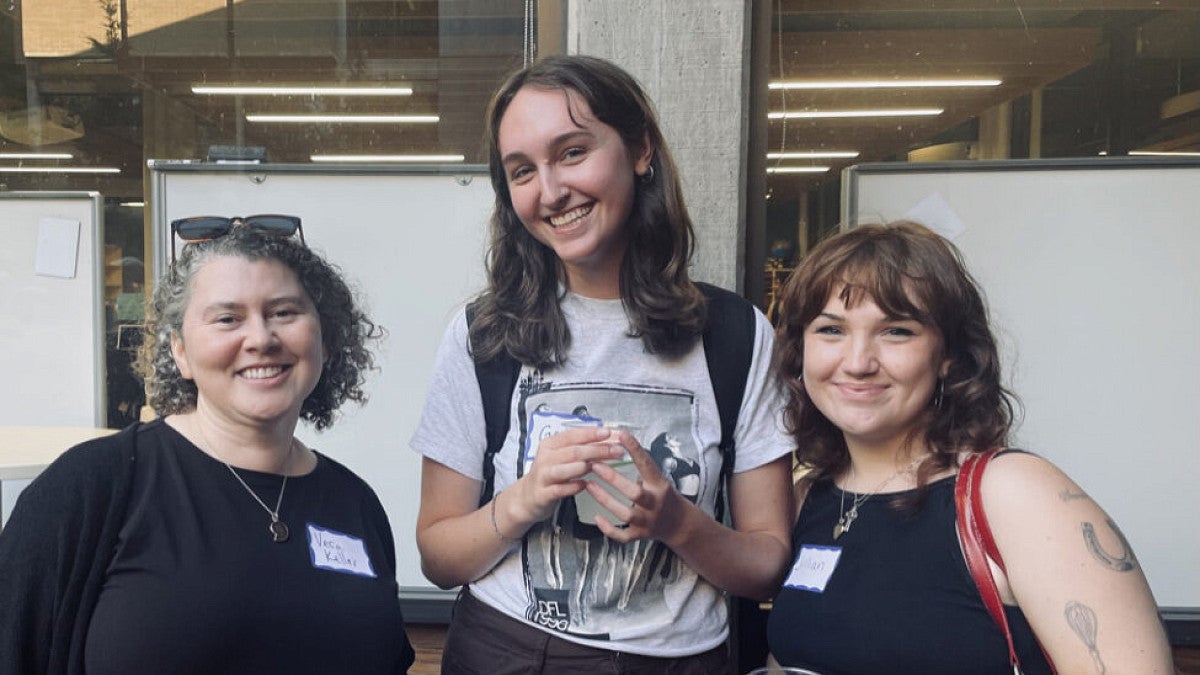Why Study History?
Majoring in History at UO gives students enormous freedom to explore their interests. History courses cover a huge range of regions, topics, and times—a rich variety of themes that is reflected in the classes taught. Requirements for the major are designed to let students pursue their individual interests without being forced to take a particular course. For any questions about the undergraduate major, please contact our Director of Undergraduate Studies at HistDUS@uoregon.edu.

Major in History
History majors take a variety of courses, including at least 40 credits of subject-oriented courses along with two courses that focus on skills: HIST 290, Historian’s Craft, and the capstone HIST 407 seminar. The former hones the skills necessary to work with historical sources and writing, while the latter is usually the culmination of the undergraduate experience in the major. In these courses, as well as the other upper-division courses that comprise the majority of classes that History majors may select, students work closely with top faculty on complex historical subjects and eras. The History major at the University of Oregon provides both a breadth of knowledge as well as the chance to dive more deeply into areas of specific interest.
All history majors are required to become broadly familiar with histories in multiple geographical regions of the world, an invaluable experience in an increasingly interconnected world. History majors also acquire substantial historical knowledge of premodern history, which challenges the historical imagination and unsettles assumptions. Finally, all majors in History must meet a requirement of two years (or equivalent) of a language other than English, in order to better connect with the histories of cultures other than one’s own. The design of the History major is flexible and responsive to individual interests while providing a strong basis of shared knowledge and skills.
Minor in History
A history minor can complement your coursework in your primary discipline while helping you develop skills in analytical thinking, research, problem solving, and communication.

Beyond the Classroom
History students have many opportunities to extend their learning beyond the classroom. Share your research with others through our annual History Showcase. Participate in a study abroad program to deepen your understanding of how history, culture, and geography are intertwined. Or connect with faculty and peers in Phi Alpha Theta (ΦΑΘ), an American honor society for undergraduate and graduate students and professors of history.
What You Can Do With a History Degree
A history major can prepare you to work in many fields. Learn about possible careers and hear from alumni.
Advising and Academic Support
Schedule an appointment with an advisor to discuss the History major, map out your course of study, and develop a career plan.
Departmental Advising and Support
Scholarships and Awards
Learn about ways to apply for funding through the Department of History.
Explore Scholarships and Awards

